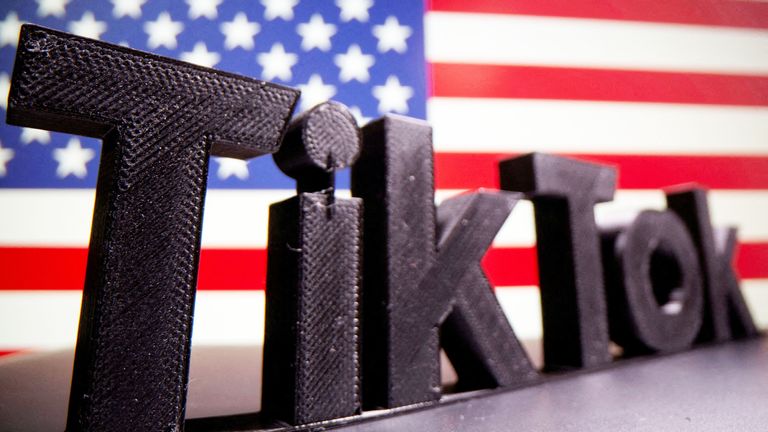Already a subscriber? Make sure to log into your account before viewing this content. You can access your account by hitting the “login” button on the top right corner. Still unable to see the content after signing in? Make sure your card on file is up-to-date.
Senators Mark Warner (D-VA) and Marco Rubio (R-FL) have committed to pushing forward legislation that could lead to a TikTok ban in the United States following a bipartisan House vote.
The proposed “Protecting Americans From Foreign Adversary Controlled Applications Act” aims to compel TikTok’s parent company, ByteDance, to divest the app within approximately five months of the act’s enactment; failing to do so would result in TikTok being banned in the United States. This move comes amid concerns that the app’s Chinese ownership could potentially allow the Chinese government access to data from millions of American users.

In their joint statement, Warner and Rubio said, “We are united in our concern about the national security threat posed by TikTok — a platform with enormous power to influence and divide Americans whose parent company ByteDance remains legally required to do the bidding of the Chinese Communist Party. We were encouraged by today’s strong bipartisan vote in the House of Representatives and look forward to working together to get this bill passed through the Senate and signed into law.”
Despite the bill’s strong support, it faced opposition from both political parties and a vigorous lobbying effort by TikTok, which mobilized users to lobby against the legislation. A TikTok spokesperson called for the Senate to adopt a more deliberative approach than the House, criticizing the bill’s passage’s rapid progression and secretive process as indicative of its intent to ban. The spokesperson emphasized the potential repercussions on the economy, small businesses, and the 170 million Americans who use TikTok.
Senate Majority Leader Chuck Schumer indicated the Senate’s intention to review the legislation upon receipt from the House, marking the next step in a closely watched legislative process.






